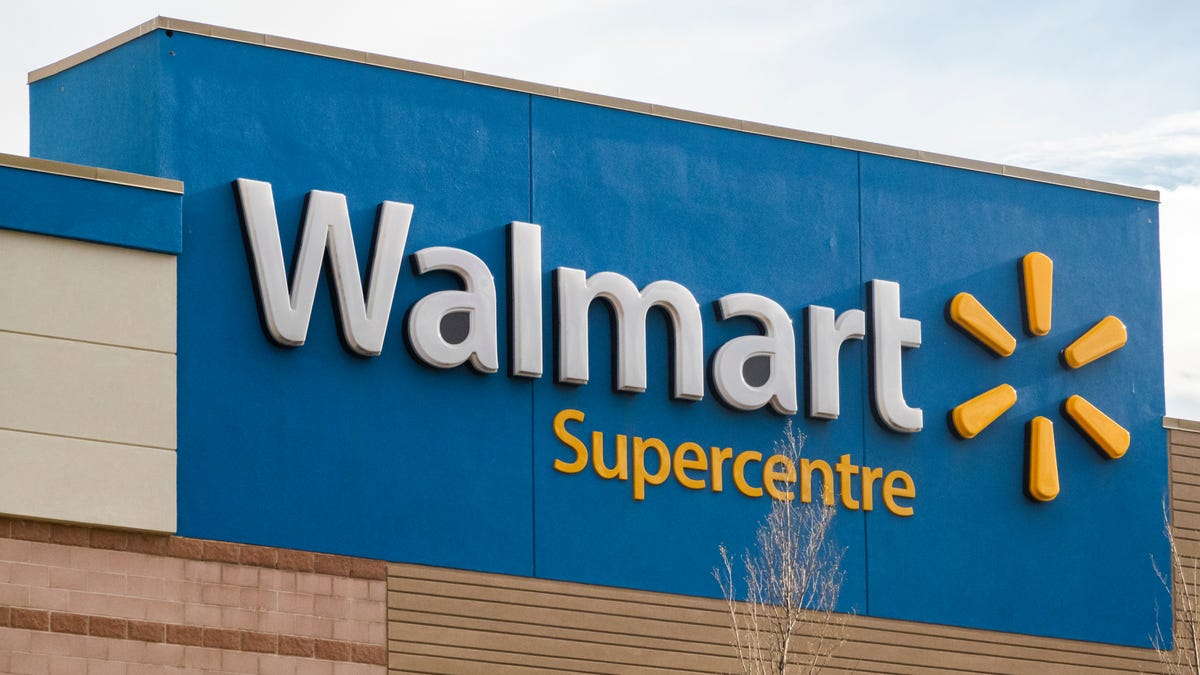Big Retailers Compete for Bargain-Hunting Customers Amid Inflation Woes
Inflation continues to impact consumers and big box retailers like Walmart and Target are fighting for bargain-hunting customers in response. Even as inflation rates have declined from their peak in 2022, they remain elevated, causing concerns for the Federal Reserve and consumers alike. The high cost of borrowing is also adding to the pressure on retailers to lower prices and attract customers.
Walmart and Target Slash Prices to Attract Value-Oriented Shoppers
Target CEO Brian Cornell noted that consumers are looking for ways to stretch their budgets in the face of high prices, leading the retail giant to plan price cuts on thousands of everyday items. Walmart, on the other hand, has managed to attract bargain-hunting customers, including those with higher incomes, by offering value and competitive pricing. The retailer reported an increase in sales and visits, as well as growth in its e-commerce business.
Fast Food Chains Offer Low-Cost Meal Deals Amid Rising Food Costs
As consumers face higher food costs, fast food chains like McDonald’s, Wendy’s, and Burger King are launching low-cost meal deals to entice customers. Some chains are also closing underperforming stores, while others, like Outback Steakhouse and Olive Garden, are planning to open new locations. Affluent shoppers are still visiting Macy’s-owned stores, which reported an increase in sales during the first quarter.
In conclusion, retailers and restaurants are adapting to the challenges of inflation by offering discounts and value-oriented options to attract customers. Despite the economic pressures, consumers are still spending, albeit on more immediate and affordable purchases rather than big-ticket items. As the retail landscape continues to evolve, companies are focused on meeting the changing needs of consumers in a challenging economic environment.





















